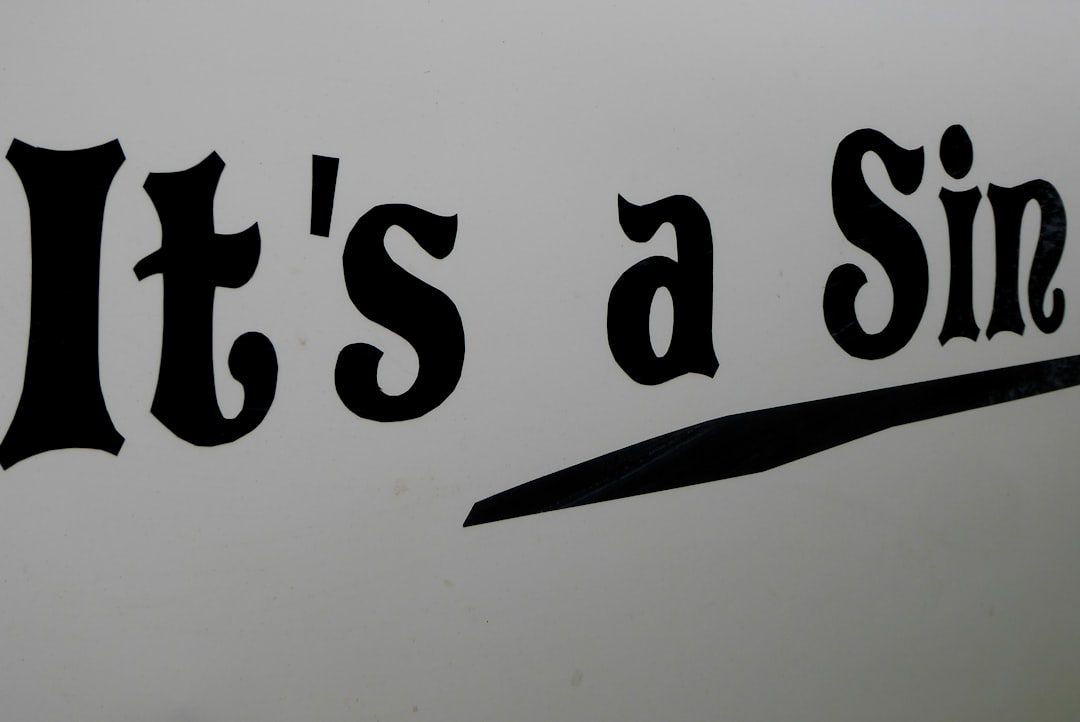Online Music's Original Sin
Daniels Ek's footbol analogy falls flatter than James Blake's Vault.fm

Sixteen years ago, U2’s legendary manager Paul McGuiness got up in front of an audience of music industry professionals at the 2008 Midem conference in Cannes to deliver a keynote that took to task the entire digital ecosystem he claimed was unfairly feeding on the music industry: “The ISPs, the telcos, the device makers . . . Silicon Valley, Apple, Google, Nokia, HP, China Mobile, Vodafone, Comcast, Intel, Ericsson, Facebook, iLike, Oracle, Microsoft, AOL, Yahoo, Tiscali etc, and the bankers, engineers, private equity funds, and venture capitalists who service them and feed off them…”
With a few exceptions, that list contains many of the stilldominant players in digital. Comcast is the largest U.S. broadband provider. Google still dominates global search as well as video streaming thanks to YouTube. The company formerly known as Facebook, which was a rising concern in 2008, now controls four of the top ten social media platforms in the world — Facebook, Instagram, Whatsapp, Messenger — under the Meta umbrella. Apple’s hardware/software stack of iPhones, AirPods, and the App Store has made it the world’s first or second most valuable company, competing only with Microsoft, whose investments in AI now make it a top contender for the company most likely to cause yet another extinction-level calamity for music makers.
And while McGuiness didn’t mention Spotify by name, he did foresee the coming streaming economy, predicting a “wireless iPod that connects to an iTunes ‘all of the music, wherever you are’ subscription service.” That wireless iPod would end up having a built-in phone and web browser. Did Steve Jobs almost invent the smartpod (instead of the smartphone)?
McGuiness retired in 2013, a year best remembered as the nadir of record music revenue. In the subsequent decade, thanks to the global growth of music streaming to smartpods smartphones, all of that ground lost by piracy has been recovered. For McGuiness, who, along with the four members of U2, owns 100% of the group’s masters and copyright, this has surely been a happy ending. It has also meant a happy ending for the roughly 13,000 artists who, according to new numbers released this week in Spotify’s annual Loud & Clear report, earned over $100k from the DSP in 2023 (which Spotify insists equals $400k from all streaming).
Unfortunately, Spotify’s corporate comms fail to tell how much of this money goes to an actual wage for musicians once label deals, artists splits, and general costs are factored in. It’s also impossible to gauge what artists were earning in the pre-streaming era (though we’ve presented one harebrained idea). So there’s no way to evaluate if online music has been a net good or ill. But spend any time on Music Twitter, and it’s clear the consensus is with the latter.
Spotify sees this, which is certainly why Daniel Ek tried to get ahead of the inevitable objections to whatever numbers it puts forth by comparing the odds for success as a professional musician to that of a professional footballer. It’s not an unreasonable comparison, but that didn’t stop plenty of folks from fuming at the notion that not everyone with a home studio and a Tunecore account deserves to be a working musician.
But why is it that Ek’s analogy feels perfectly reasonable to some yet utterly offensive to others? We suspect that it traces back to the technotopian mass delusion of the early ’00s that claimed all music consumption should be free while at the same time insisting that “democratized” music production would give everyone a shot at making it. These conflicting ideas are the original sins of online music that still drive much of the discourse. The cognitive dissonance is drowning out all the sick tunes.
Today, there is a growing call to “fix” streaming royalties, both online and in Congress. A sort of platform fatigue has also emerged in defiance of Silicon Valley’s techno-solutionism, which says the fix for tech is always more tech.
Exhaustion seemed to be the general response this week to the unveiling of Vault.fm, a startup led by James Blake that, as far as anyone can tell, is just Patreon for musicians — only backed by a different set of VCs (full breakdown of that by the homies at CDM).
Our hot take on Vault.fm is that it looks a whole lot like Drip.fm, the direct-to-fan artist subscription platform launched a decade ago by Ghostly International that failed to find momentum before being sold to Kickstarter, which also failed to make it work.
A hotter take came from DJ, producer, podcaster, and Hotflush label head Paul ‘Scuba’ Rose, who wrote in a public Patreon post titled “More From Less”: “Any ‘solution’ that expands the supply is automatically part of the problem. That's as true for the James Blake-sponsored Vault platform as it is for Suno…”
Suno, in case you missed it, is a text-to-music AI app that went viral this week thanks to a Rolling Stone article celebrating the algorithm's ability to create uncannily coherent blues music that seems to be self-aware of its condition of being an AI. We have a lot of thoughts on this but are saving them for a stand-alone essay for next week.
In the meantime, we’ll try to avoid the general malaise that makes us wonder why, if things are objectively quite good for the music business, do so many musicians feel so subjectively bad?
Obviously, haters gonna hate, and status anxiety never sleeps. But it can’t just be the narcissism of small differences that provoked Trevor Jackson to start taking shots at Aphex Twin yesterday.
No one:
Trevor Jackson:
Perhaps this random drive-by occurred because we are all trying to survive in an information environment where a cunty cheap shot will earn you 10x the engagement of anything else you might post. This is a time when our worst online outbursts are the ones that get amplified the most.
At least Trevor had the good humor to make a joke out of his own lesser angles. It’s just a shame that far fewer people will see it.
TAKEAWAYS
Salient statements from this week’s music news.
1. Bandlab Passes 100 Million Users
When Spotify talks about hobbyists, this is who we envision.
Takeaway: At least one bonafide hit emerged from Bandlab’s 100 million creators. dv4d broke onto Billboard Hot 100 in 2022 with “Romantic Homicide,” a track he created in the app that also resulted in his signing with UMG’s Interscope/Darkroom label.
2. Why Are IFPI & MIDiA’s 2023 Revenue Figures So Far Apart?
MIDiA’s figure, which measures "expanded rights” in addition to global recorded music revenue, was $35.1 billion — nearly 23% higher than the IFPI’s $28.6 billion.
Takeaway: Broader measurements will be crucial for tracking the recorded music business of the future. Record labels will pursue “superfans” through products and services that may not produce typical sales and streams.

3. Box Set Contains Scents Inspired by Classic Albums
The $200 collection benefits non-profit radio station dublab and the Institute for Art and Olfaction.
Takeaway: Kraftwerk's Computer World, for example, has notes of circuit boards, heated metal and LED lighting. The Velvet Underground's album boasts overripe banana under a hot halogen light, with acrid cigarette smoke and a touch of black leather.









